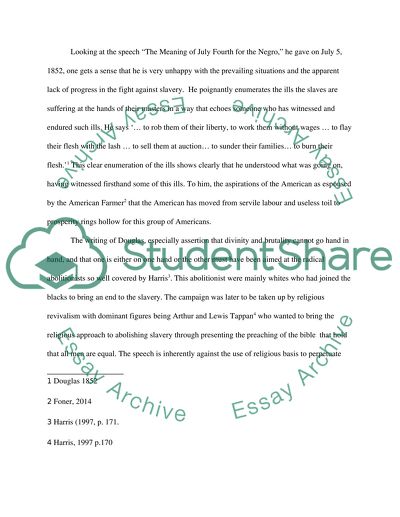Cite this document
(“History paper Essay Example | Topics and Well Written Essays - 1000 words - 3”, n.d.)
Retrieved de https://studentshare.org/history/1690980-history-paper
Retrieved de https://studentshare.org/history/1690980-history-paper
(History Paper Essay Example | Topics and Well Written Essays - 1000 Words - 3)
https://studentshare.org/history/1690980-history-paper.
https://studentshare.org/history/1690980-history-paper.
“History Paper Essay Example | Topics and Well Written Essays - 1000 Words - 3”, n.d. https://studentshare.org/history/1690980-history-paper.


